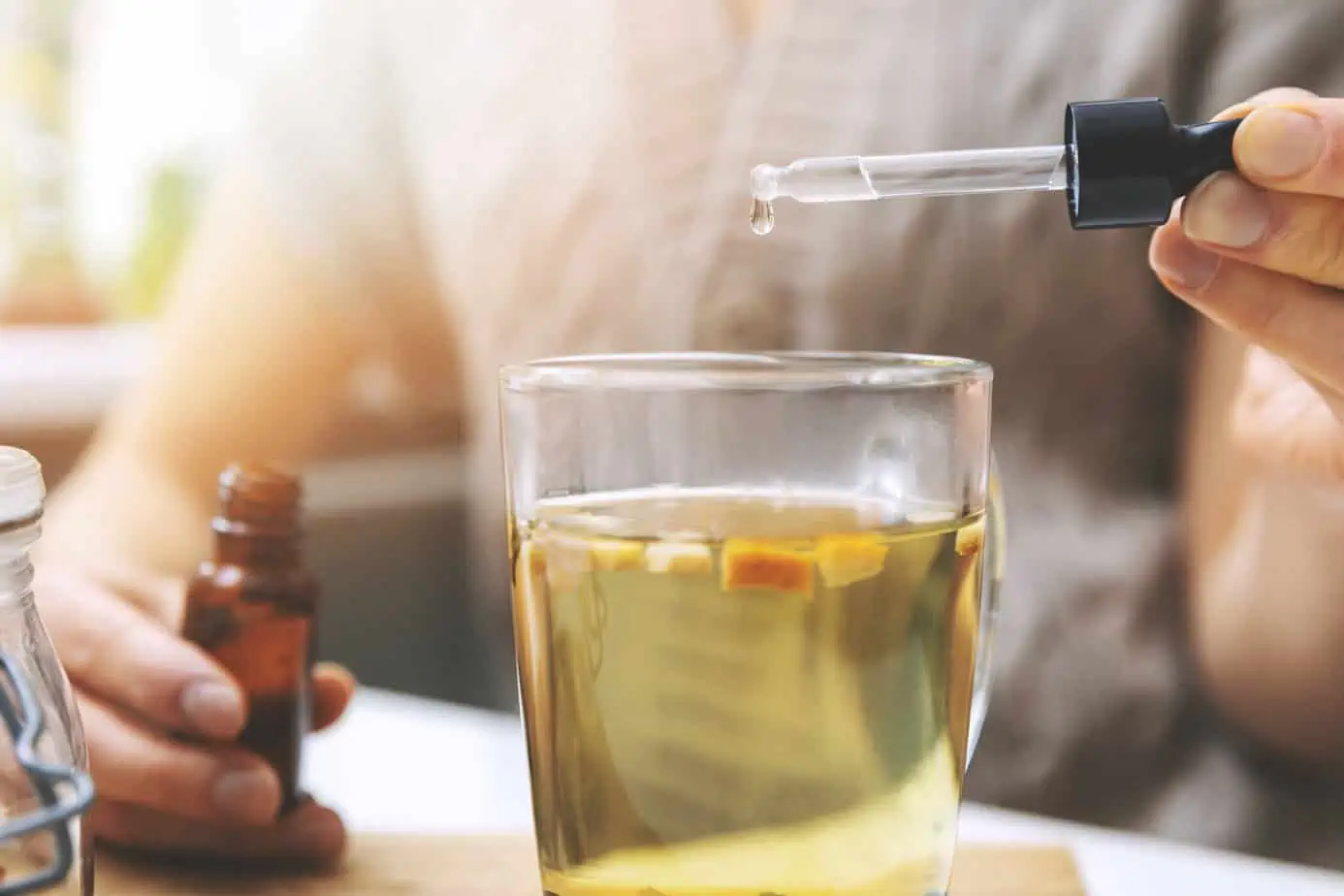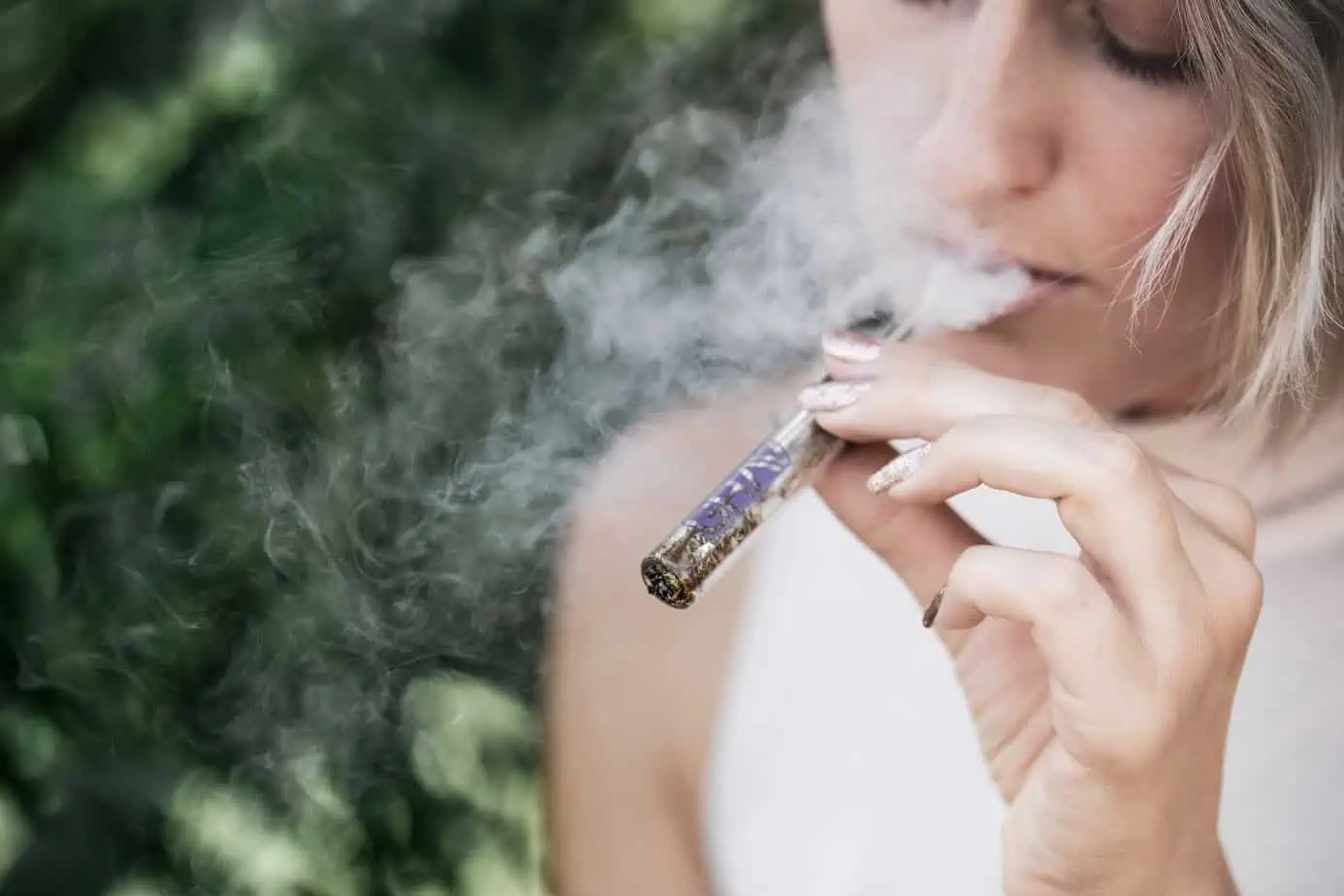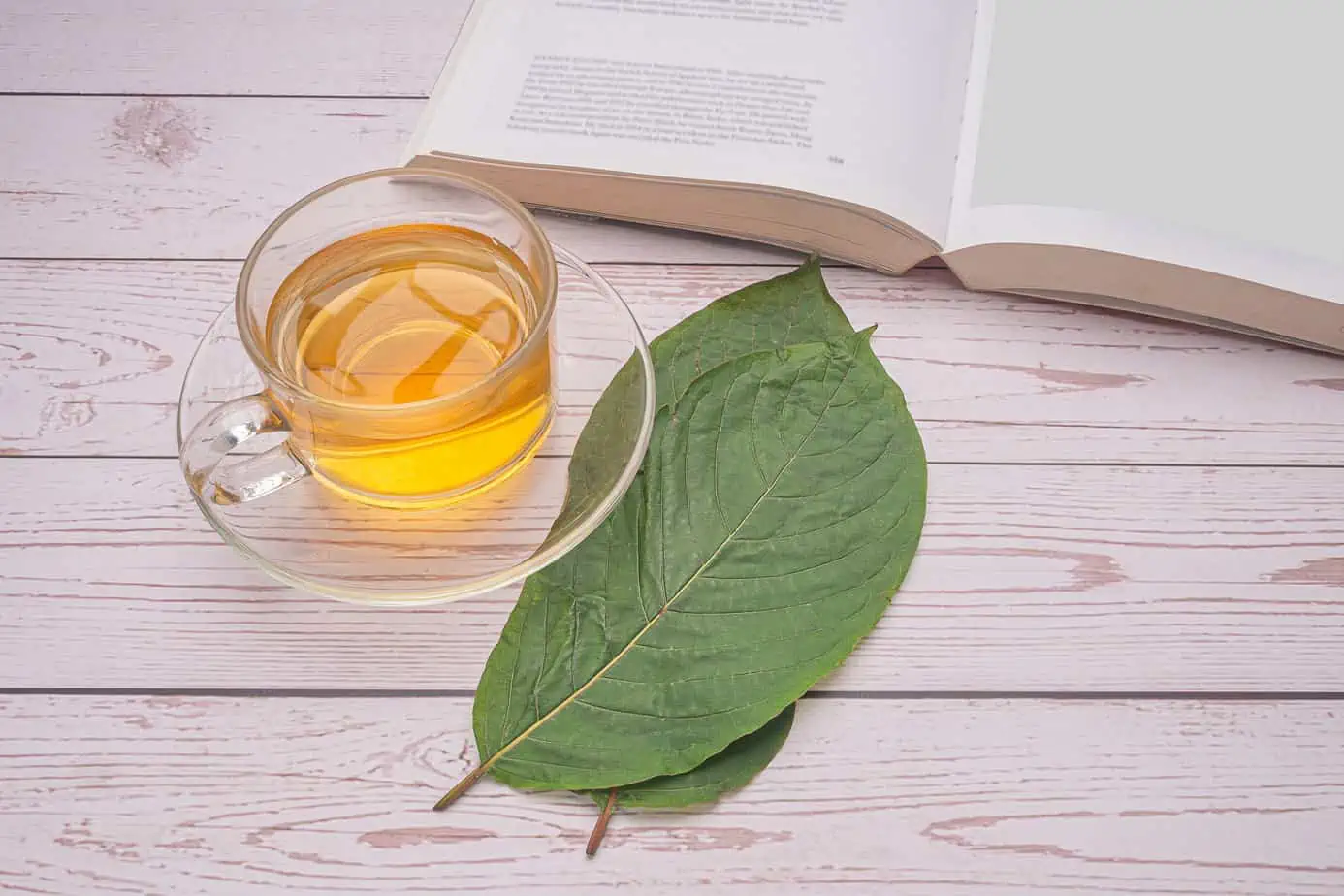Like ‘marijuana’ and ‘THC,’ the term ‘CBD’ has quickly become a household name in the United States. CBD-containing products such as oils, lotions, capsules, and even bath bombs are available in many retail stores. Discovered in 1940, CBD stands for cannabidiol and is one of 113 different cannabinoids found in marijuana plant extracts. The compound has surged in popularity thanks to its apparent benefit in treating several health conditions like anxiety, pain, inflammation, and seizures. However, with research still being conducted, there is not enough data to prove that CBD is an effective herbal dietary supplement.
How is CBD Different from THC?
CBD is often mistaken for its better-known cousin THC, which also belongs to the marijuana-derived family of compounds called cannabinoids. The two substances are vastly different and possess distinct properties and effects. THC, short for tetrahydrocannabinol, is responsible for producing the trademark ‘high’ obtained by using marijuana products. It interacts with CB1 receptors in the brain, causing altered perception, mood changes, and increased appetite. Since CBD does not associate with these receptors, it will not produce the same euphoric effect.
Because CBD is not psychoactive, it’s generally more easily accessible than THC, which is classified as a Schedule I Controlled Substance and is far less restricted. Since CBD lacks psychoactive compounds that can produce an intoxicating, euphoric state in the user, it’s generally accepted that it has no addictive potential. To say that cannabidiol does not change your consciousness is wrong as many people report feeling mellow, less pain, and comfortable after using the substance. Something to note is that although THC use will appear on a drug test, CBD use will not. Legally, most CBD products must contain less than 0.3 percent THC, which is too little to trigger a positive marijuana result, but you should be cautious when using CBD products that could contain trace amounts of THC.
Is CBD Legal?
The legality of CBD in the United States is a complex issue. On a federal level, CBD is legal as long as it does not contain more than 0.3 percent of THC and is derived from hemp. It’s a common misconception that hemp and cannabis are different plants but they are actually part of the same species. The only difference is that hemp contains very low levels of THC. In some states, marijuana is legal for both recreational use and medical use. In other states, it’s legal only for medical use. And in some areas, it’s not legal at all.
Little legislation is in place to control the amount of CBD per product. Studies conducted by the Food and Drug Administration (FDA) between 2014 and 2019 determined that 69 percent of CBD products were mislabeled, with 46 percent containing more CBD than indicated, and 23 percent containing less. More concerningly, the FDA found that over half of the surveyed products contained THC, even when labeled as otherwise. Poor regulation can lead to people ingesting too much CBD, leading to unpleasant side effects, or accidental consumption of THC.
Possible Health Benefits of CBD
The primary reason behind CBD’s rise in popularity, aside from the recent growth of the marijuana industry, is its potential to improve certain health conditions. Here is how some people are using CBD:
- Addiction: A few studies suggest that CBD might lower the likelihood of developing cocaine and methamphetamine use disorders. It may also help prevent relapse after a period of detoxification and sobriety.
- Anti-inflammation: Testimonials and preliminary research indicate that CBD may reduce swelling, improving chronic pain conditions and acne, by interacting with the endocannabinoid system in the body.
- Mental health: CBD may possess anxiolytic and antidepressant effects, helping improve the symptoms of those with anxiety and depression.
- Neuroprotection: Cannabidiol has also been studied for its potential neuroprotective properties, which may improve cognitive ability and disorders like Parkinson’s and multiple sclerosis.
- Seizure disorders: CBD is an active ingredient in Epidiolex, a prescription medication approved by the FDA to treat seizure disorders.
- Sleep: CBD may improve sleep quality, reduce insomnia, and induce sleep quicker.
It’s important to note that these health benefits are potential. Due to heavy restrictions on marijuana cultivation and use in the United States, CBD is severely under-researched, and more studies are needed to decide whether the substance has any verifiable health benefits. Therefore, you should consult with a healthcare professional before consuming CBD.
Are CBD Products Safe to Use?
Whether CBD is completely safe to use remains unclear. Because of its low potential for abuse and dependence, most experts agree that when used appropriately as recommended by the product label or healthcare professional, the chemical is safe. Nevertheless, using CBD can trigger some unpleasant side effects, especially in larger doses, which include:
- Drowsiness, fatigue, or sedation
- Dry mouth
- Changes in appetite
- Nausea and diarrhea
- More severe complications: liver injury, interference with prescription medications, gastrointestinal disorders, and changed mood and alertness.
Because CBD and many common prescription medications are digested by the same liver enzyme, you should always consult with a healthcare professional before incorporating CBD into your diet and routine to discuss potential risks, interactions, and appropriate dosing. Additionally, nursing mothers and pregnant women should avoid CBD use entirely due to a lack of research exploring its effects on developing fetuses and newborn children.
Like many other dietary supplements, the benefits of CBD are unknown and unproven. Although non-addictive and generally safe in smaller doses, the substance may still prove harmful and can cause unpleasant side effects. Be careful, and make sure to consult a healthcare professional before consuming CBD.
If you or a loved one is struggling with addiction, Mountainside can help.
Click here or call (888) 833-4676 to speak with one of our addiction treatment experts.

 By
By 







